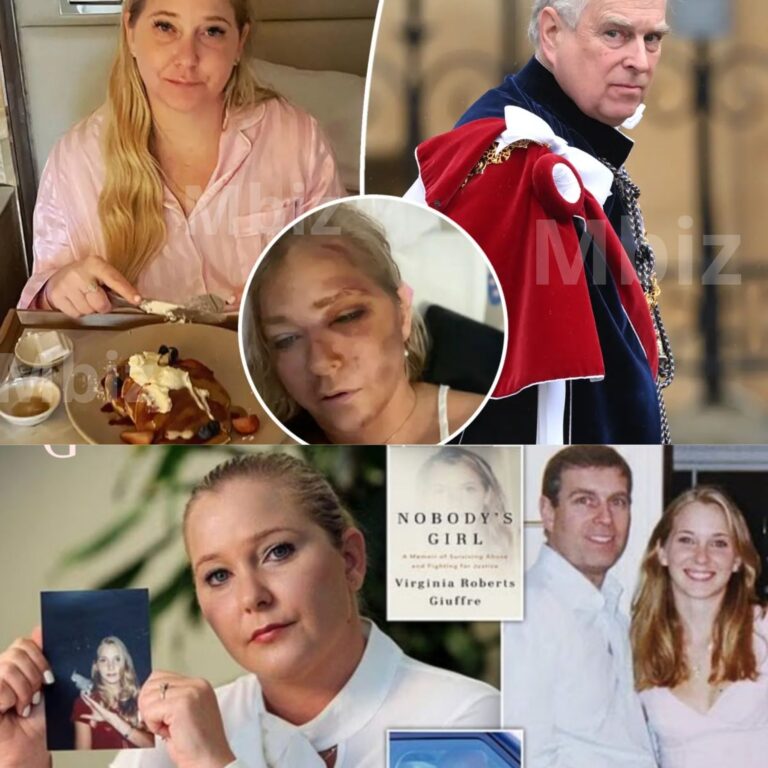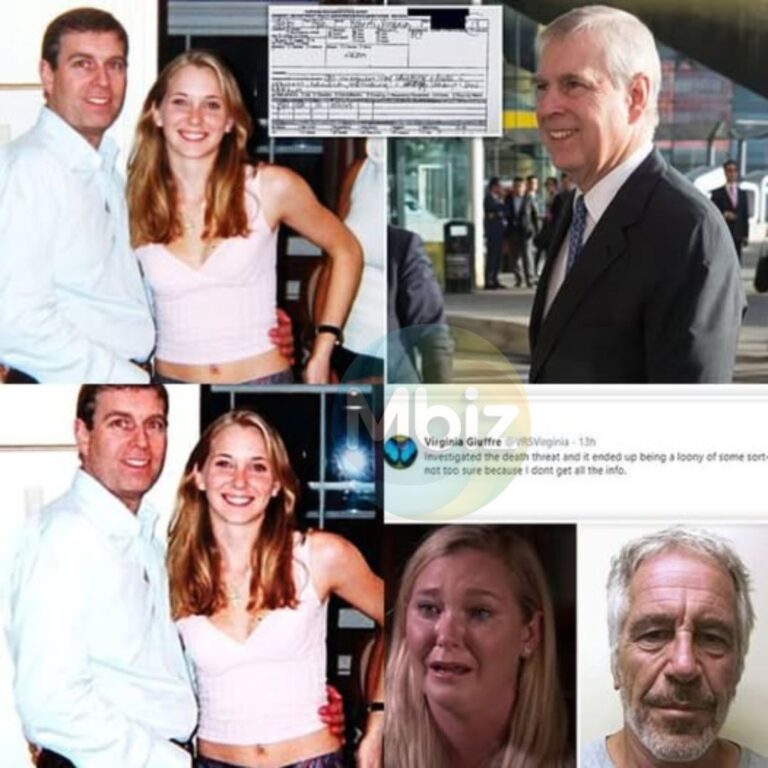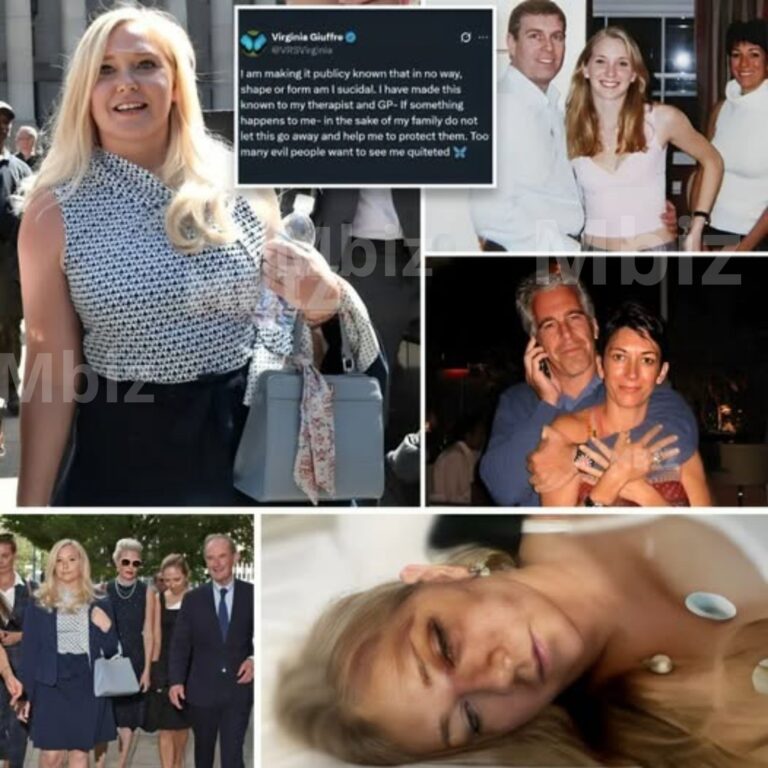The screech of metal clashing was the last sound Emma heard before darkness engulfed her completely.
When consciousness finally returned, she was greeted by the sharp smell of antiseptic and the low hum of hospital machines. Pain pulsed through her lower body, but when she tried to move her legs—nothing. A cold wave of panic washed over her.
“Dr. Reynolds,” she whispered hoarsely, “I can’t move my legs.”

The doctor hesitated, his expression grave. “Emma… the accident caused a severe spinal cord injury. We tried everything, but—”
His voice trailed off, and silence filled the room.
Emma stared at the ceiling, forcing herself to count the tiles—anything to keep from screaming.
She had only driven home from the supermarket that evening. Aaron, her husband, was working late again, and she had promised to make dinner. Her daughter Lily, barely a month old, waited at home.

The days blurred together. Nurses changed shifts. The pain lessened, but the emptiness grew. Aaron’s visits became shorter, his eyes tired and distant. His mother, Helen, however, was always present. Cold. Dominant. She had always said Emma was “too fragile” for her son.
Then one morning, Helen appeared with an odd calm. “You need rest,” she said sharply. “You can’t take care of Lily like this. I’m taking her home with me.”

Emma’s heart raced. “No, you can’t! She’s my baby!”
Helen didn’t answer. Instead, she leaned forward, slapped Emma across the face, and muttered, “You’re not fit to be a mother.”
Emma screamed after her, but her legs wouldn’t obey.
In that moment, Emma realized: The accident hadn’t just taken her legs—it had taken her life.
The following weeks blurred into a fog of paperwork and heartbreak. Emma called lawyers, filed appeals, and begged Aaron to bring Lily home. He kept saying, “Mom’s just helping,” but his eyes never met hers.
Physical therapy became her only solace. Her therapist, Sarah, was kind but firm. “You’re stronger than you think,” she told Emma as she learned to regain strength in her arms.
But the nights were unbearable. The crib stood empty, and the faint scent of baby cream lingered in the quiet apartment.

Finally, Emma decided she wasn’t just going to wait—she was going to fight. With Sarah’s encouragement, she mastered the wheelchair and began attending support groups for parents of children with disabilities. There she met Carla, who introduced her to a lawyer named Daniel Cole—a man who believed in second chances.
The custody battle that ensued was brutal. Helen’s lawyer portrayed Emma as “unstable,” “physically unfit,” and “incapable of providing proper care.” Aaron sat beside his mother, silent and tormented by guilt.
During cross-examination, Daniel’s voice broke the tension. “Mrs. Jenkins, do you believe that a mother’s worth depends on whether she can walk?”
Helen blinked. “I believe a child deserves proper care.”
“And Emma can provide that care with support,” Daniel said firmly. “You are using her misfortune as an excuse to steal her child.”

The courtroom fell silent.
The verdict wasn’t immediate. The judge ordered a home visit—Emma’s first glimmer of hope in months.
She spent days preparing and painting Lily’s nursery, organizing toys, and folding baby clothes she could never bring herself to part with.
When the social worker, Ms. Perez, came to visit, Emma spoke with quiet conviction: “I may not be able to walk,” she said, “but I love my daughter more than anything. I can feed her, hold her, comfort her. I just need the chance.”
Weeks later, the court date arrived. Emma wore the same blue dress she had worn the day she left the hospital. Her hands trembled as she shuffled into the courtroom. Aaron was already there, haunted by his own silence.
Helen began, “I only wanted what was best for Lily.”
Aaron suddenly stood up. “No, Mom. That’s not true.”
The atmosphere shifted. “You took her away because you always hated Emma. You made me believe she couldn’t do it—but I saw her fighting every single day.”
Helen’s face went pale.

Emma’s tears flowed freely as Aaron turned to her. “I’m sorry,” he said softly. “You didn’t deserve any of this.”
When the judge finally spoke, his voice was firm: “Custody of the minor child, Lily Jenkins, is hereby returned to her mother, Emma Jenkins.”
The words seemed unreal.
Two hours later, when Lily was placed back in her arms, she pressed Emma clutched her daughter tightly and wept. For the first time since the accident, the world felt whole again.
Months passed. Emma continued therapy and began writing a blog for mothers with disabilities—to share her story of pain, resilience, and hope.





